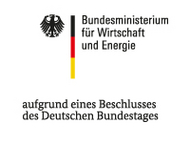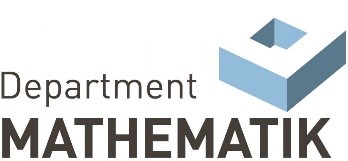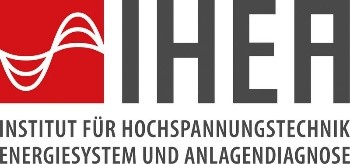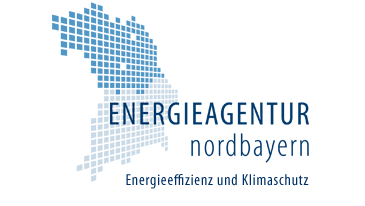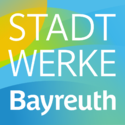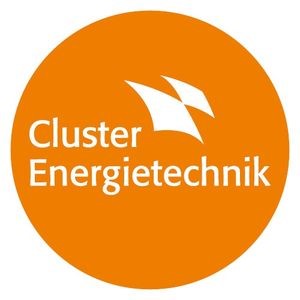BMWi-project ESM-Regio
BMWi-project ESM-Regio – Multisectoral coupled energy system modelling on a regional level
The BMWi-project ESM-Regio will develop a model for a comprehensive analysis of sector coupled energy systems on a regional level with the purpose of recognizing optimization potentials through sector coupling, as well as evaluate efficiency measures and development goals regarding emissions, profitability and supply security, among others.
Support Code: 03EI1036A
Term: 01.05.2021 – 30.04.2024
Forschungsprogramm, Forschungsförderung im 7. Energieforschungsprogramm „Innovationen für die Energiewende“
The reduction of the primary energy demand and greenhouse gas emissions is a key for reaching the climate goals of the German government. The overall consideration and optimization of the whole energy system, taking into account individual sectors like electricity, heat, gas and transport as well as their coupling technologies, promises improvements in the future development of the German energy system.
Coupling technologies between the sectors operate primarily on a regional level. Therefore, with the purpose of analyzing the effects of the growing integration and coupling of the system, a regional consideration is necessary, as energy system models at the national level can’t be implemented with the needed level of detail. In addition, most energy system models consider only a partially coupled system or no couplings at all.
The main goal of the ESM-Regio project is to develop and implement an energy system model consisting of sub-models of the energy sectors electricity, heat, gas and transport. Departments of computer science, mathematics, electric and energy process engineering will cooperate in the fulfillment of the different challenges presented in this project. A single control and optimization unit will oversee all the sub-models uniformly, taking variations of its states into account. Furthermore, the developed model will describe the regional energy system at a city and district level with a high temporal resolution. The coupling technologies between the sub-models such as Power-to-Gas and Power-to-Heat will also be modeled and their operation will be controlled by the central control unit for an optimized operation of the whole system. The regional component of the project plan will be mainly carried out with the cooperation of the energy supply company of the city of Bayreuth. The city and the surrounding district will be used as an example region for the development of the model, therefore providing real and accurate data for the model implementation. At the end the model will be constructed in a way that it’s transferable to other regions through adaptation of single parameters.
At the chair of energy process engineering the heat sector as well as its coupling technologies will be modelled. Moreover, the systematic registration and analysis of the greenhouse gas emissions will be realized through life cycle assessments (LCA).
Ansprechpartner:
Department of Chemical and Biological EngineeringNatalia Luna-Jaspe, M. Sc.
Lehrstuhl für Energieverfahrenstechnik
